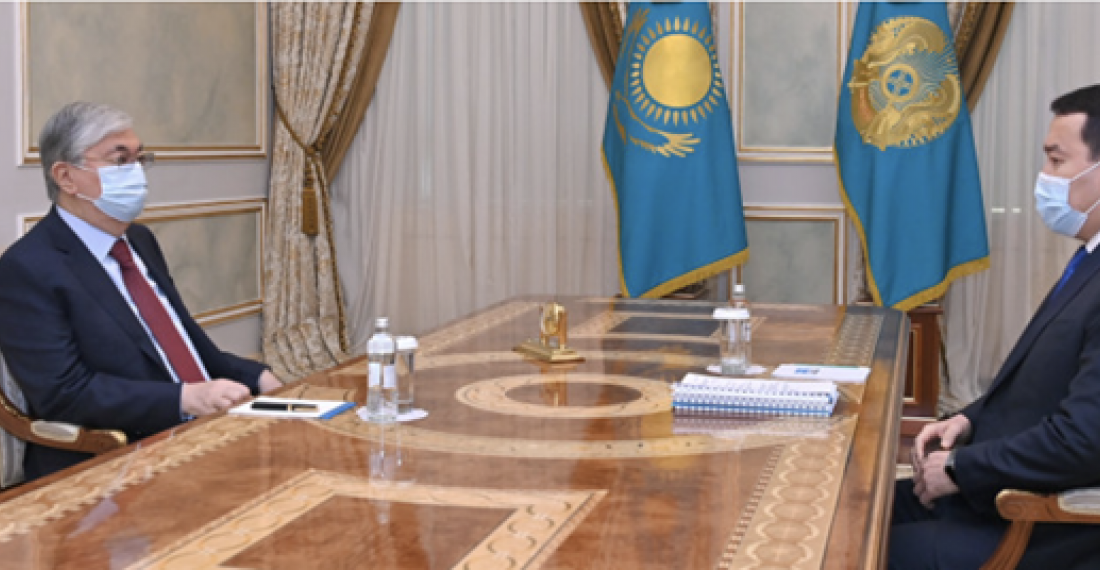As the Russia-Ukraine conflict unfolds, the Kremlin is busy ensuring that Central Asian countries stay in line with the Russian position, despite the considerable discomfort that can be seen at level of both the governing elites, as well as the populations at large.
Russian president Vladimir Putin appears to be leading the arms twisting exercise. On Saturday morning he spoke on the phone with the president of Kyrgyzstan, Sadyr Zhaparov. The Kremlin confirmed that the main conversation was Ukraine .
Overall, countries in Central Asia continue to remain quiet. While Russian officials and diplomats have visited Tajikistan to discuss the current military operation in Ukraine, there have been no official statements from Tajikistan nor any other Central Asian nation, where political analysts say that they favour neutrality.
The Chairman of the Federation Council of the Russian Federal Assembly, Valentina Matviyenko, in her visit to Tajikistan, met with Rustam Emomali, Speaker of the National Assembly of the Republic and son of the current president, 24 February. Matviyenko subsequently made a statement, “The military operation announced by the Russian president is aimed at stopping military operations there, and there is no other way to do it.” However, Tajikistan did not make an official statement regarding the current situation. Tajik opposition activist, Dodojon Atovulloyev, said that if the Kremlin asks the government to make a statement, “[Tajikistan] will naturally be in a very difficult situation.” Tajikistan’s Foreign Ministry has called for its citizens in Ukraine to adhere to the curfews and contact the embassy in Kyiv if necessary.
Similarly, Kazakhstan has not made an official statement on the conflict. Prime Minister Alikhan Smailov reported to President Kassym-Jomart Tokayev on 24 February on the measures the government is taking to minimize the economic fallout from the crisis. The Tenge, Kazakhstan’s currency, lost 13% in value despite the $137 million provided by the National Bank of Kazakhstan. Nonetheless, protestors in Kazakhstan have been making their voice heard. Around a dozen activists gathered around the Russian Consulate to protest, however nearly all were detained by Kazakh police.
The debate regarding neutrality in this matter is beginning to be felt around the region. In Uzbekistan, which has also not made an official statement, political analyst, Kamoliddin Rabbimov highlighted how the division between those supportive of Russia and those supportive of Ukraine map onto existing political faultlines regarding Uzbekistan's statehood. Rabbimov noted that anti-Kremlin sentiment in Uzbekistan is growing year after year. The governments of Kyrgyzstan and Turkmenistan have not come out with any official statements on the Russia-Ukraine conflict.
While the countries may feel some unease about the intervention, the lack of statements or any criticism of the Kremlin is in line with expectations, given the close military, political, and economic ties all the nations share with Russia.






